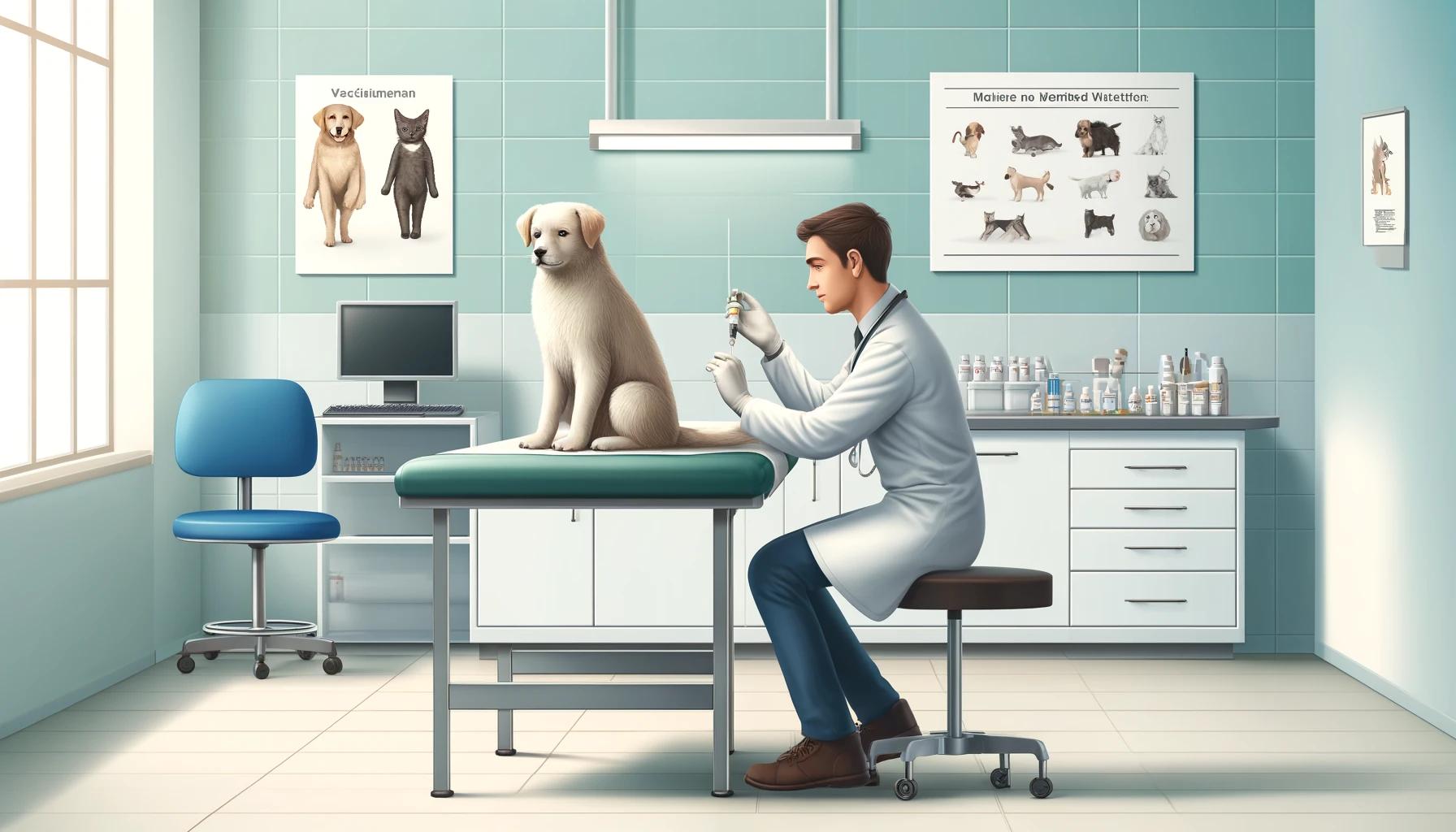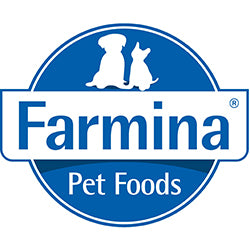
The Essential Vaccinations Every Pet Needs: A Comprehensive Guide
Introduction
Keeping your pet healthy involves a combination of proper nutrition, exercise, and preventive healthcare, including vaccinations. Vaccines protect pets from various diseases, some of which can be severe or fatal. This guide provides an overview of essential vaccinations for dogs and cats, their schedules, and why they are important.
Core Vaccinations for Dogs
Distemper, Parvovirus, and Adenovirus
Distemper: This virus affects a dog's respiratory, gastrointestinal, and nervous systems. It's highly contagious and often fatal, making vaccination crucial.
Parvovirus: This is a very contagious virus that causes severe gastrointestinal illness. It is hazardous for puppies and can be fatal if untreated.
Adenovirus (Hepatitis): This virus causes infectious canine hepatitis, a serious condition affecting the liver. The adenovirus vaccine is typically combined with the distemper and parvovirus vaccines.

Caption: A veterinarian administering a vaccine to a dog, ensuring it stays healthy and protected against infectious diseases.
Core Vaccinations for Cats
Feline Panleukopenia, Calicivirus, and Herpesvirus
Feline Panleukopenia, it is also known as feline distemper, is a pious and often fatal disease. Vaccination is critical for preventing this illness.
Feline Calicivirus: This virus causes respiratory infections and oral disease in cats. Vaccination helps prevent these infections and is part of the core vaccine series.
Feline Herpesvirus: This virus leads to respiratory infections and can cause chronic cat issues. Vaccinating against herpesvirus is essential to protect feline health.

Caption: A cat receiving its routine vaccination to prevent common feline diseases.
Non-Core Vaccinations
Dogs
Bordetella (Kennel Cough): This vaccine is frequently used for dogs around other dogs, such as in daycare or boarding facilities.
Leptospirosis: This bacterial infection can affect both dogs and humans. It's prevalent in certain areas, so vaccination is recommended where the disease is common.
Lyme Disease: Lyme disease is given off by ticks, which can cause serious health issues. Vaccination is suggested for dogs in areas where ticks are prevalent.
Cats
Feline Leukemia Virus (FeLV): This virus can cause severe illness and immune suppression in cats. Vaccination is recommended for cats that go outdoors or live with other cats who might be infected.
Vaccination Schedules
Puppies and Kittens
Puppies: Vaccinations for distemper, parvovirus, and adenovirus usually start at 6-8 weeks of age, with boosters every 3-4 weeks until the dog is about 16 weeks old. Rabies vaccination is typically administered at 12-16 weeks of age.
Kittens: Vaccinations for feline panleukopenia, calicivirus, and herpesvirus start at 6-8 weeks of age, with boosters every 3-4 weeks until 16 weeks old. Rabies vaccination is also given at 12-16 weeks of age.
Adult Dogs and Cats
Dogs: Booster vaccinations for core vaccines are generally given every one to three years, depending on the vaccine and local regulations. Consult your veterinarian for the best schedule.
Cats: Core vaccines require annual or triennial boosters. Regular veterinary check-ups can help determine your cat's best vaccination schedule.
Conclusion
Vaccinations are an important part of preventive healthcare for pets, protecting them from a variety of serious diseases. Following recommended vaccination schedules and consulting with your veterinarian can ensure your pets stay healthy and safe. Regular veterinary visits and tailored vaccination plans based on your pet's lifestyle and risk factors are essential for their well-being.
For more information on specific vaccination needs and schedules, speak with your veterinarian. Keeping pets vaccinated protects them and helps prevent the spreading of diseases within the pet community.
- Choosing a selection results in a full page refresh.












